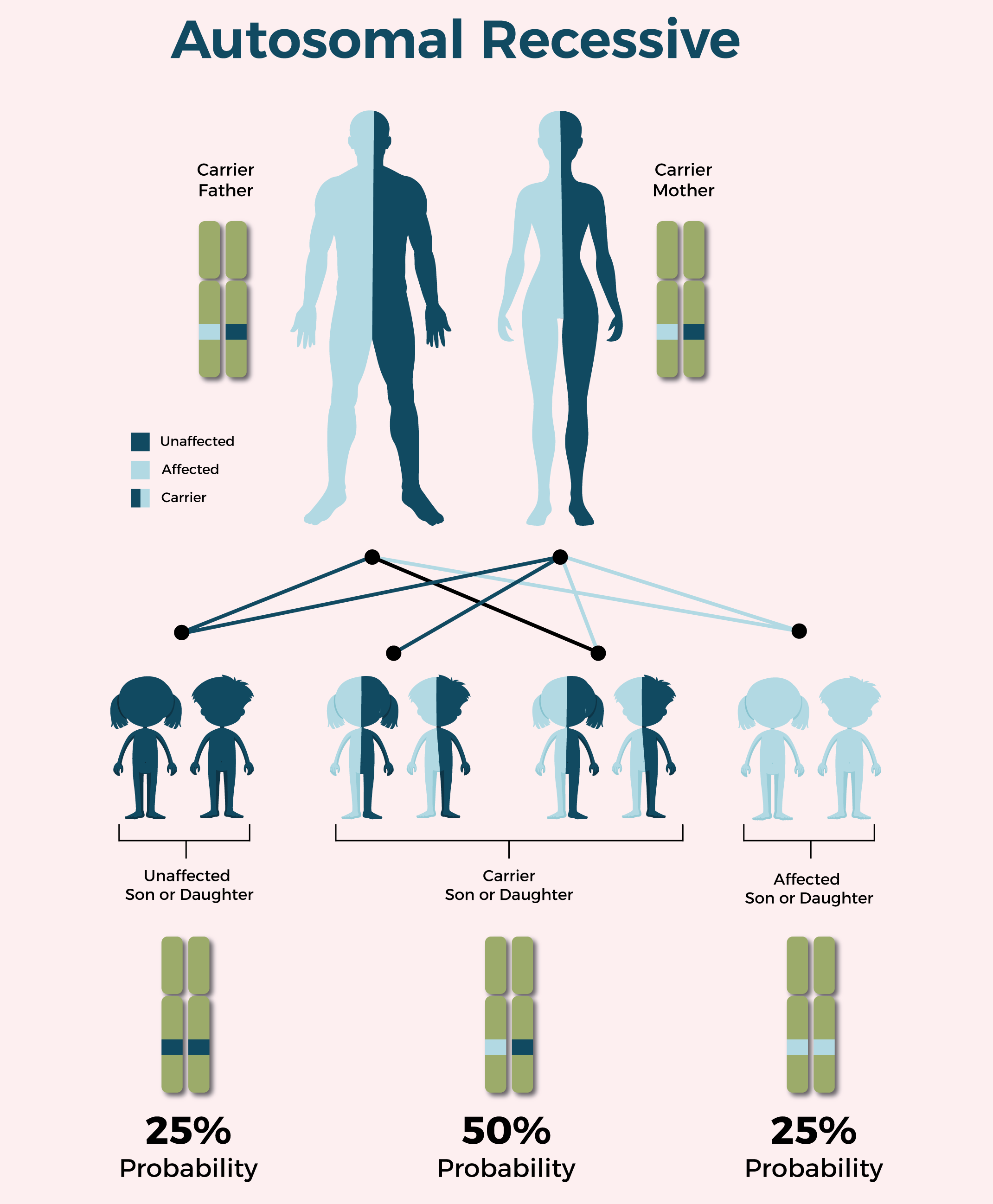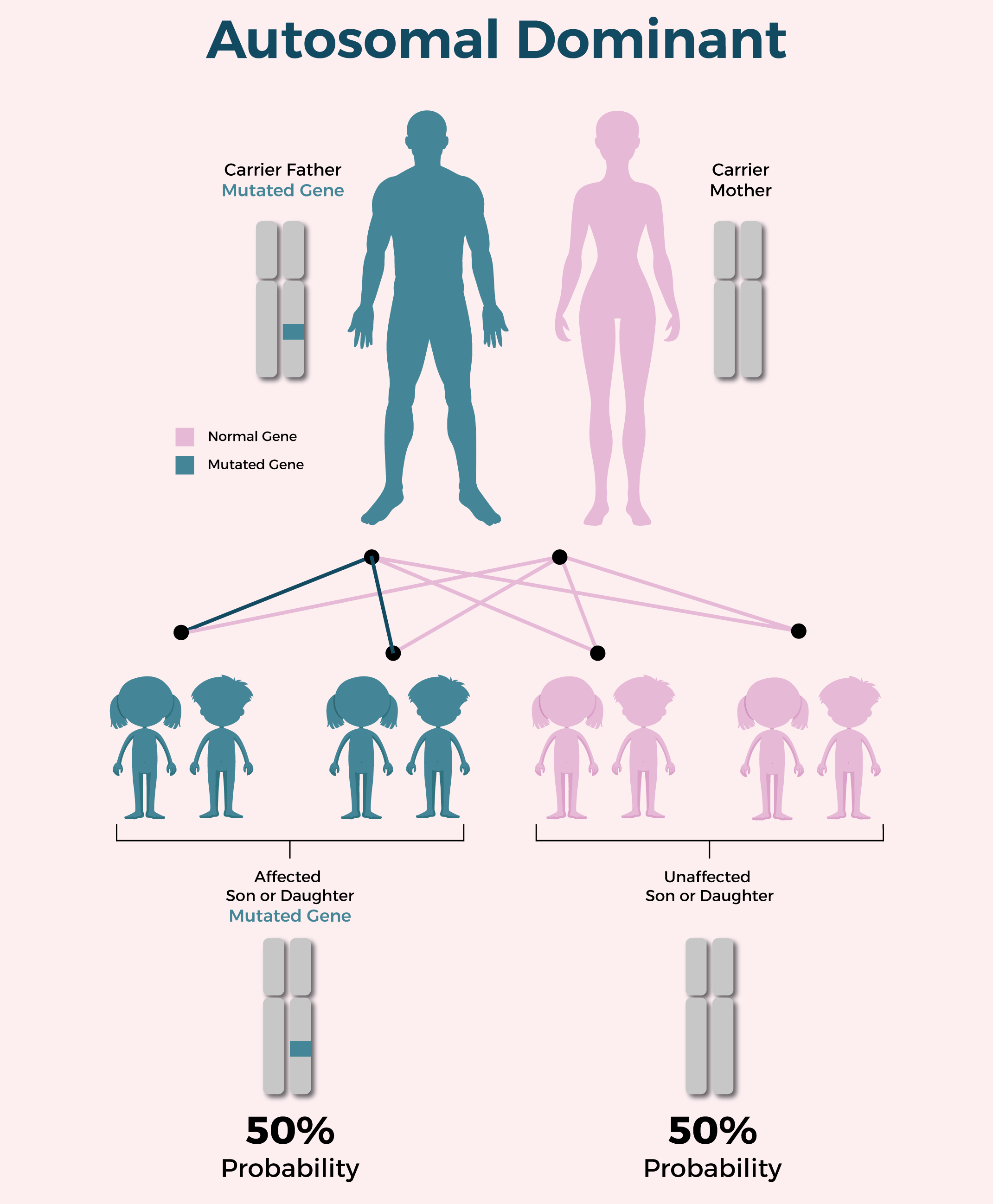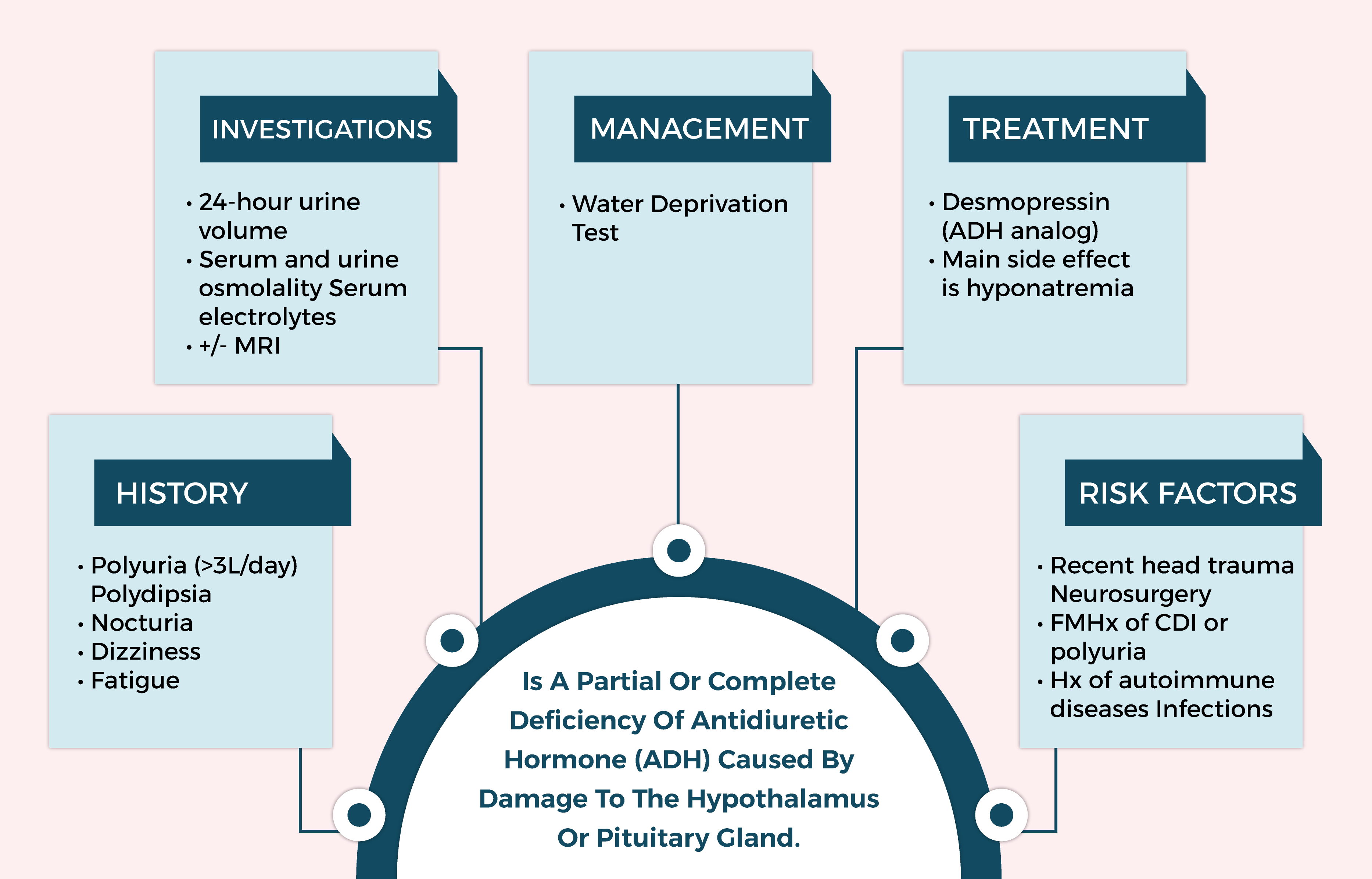Diabetes
Genes That Can’t Handle Sugar
Understand How You Can Inherit A Risk Of Diabetes
Diabetes is a silent killer in India. India has the world’s second-largest diabetic population, with more than 77 million adults diagnosed with Type 2 diabetes and another 25 million with a high predisposition to develop diabetes in the future.
Adults with diabetes are twice or three times more likely to suffer from cardiac disease. However, the major problem in India is more than half of people with diabetes don’t know they have it.
Diabetes doesn’t have a clear cause, and it’s a complicated disease with several types. However, one thing is clear– if anyone in your direct family has a history of any type of diabetes, there is an increased chance of developing. However, there’s no guarantee that a person will inherit the disease.
Let’s understand it in further detail.
How Does Genetics Play A Role In Diabetes?
Type 1 is an autoimmune condition developed generally during adolescence. The immune system defectively attacks healthy cells that produce insulin in the pancreas.
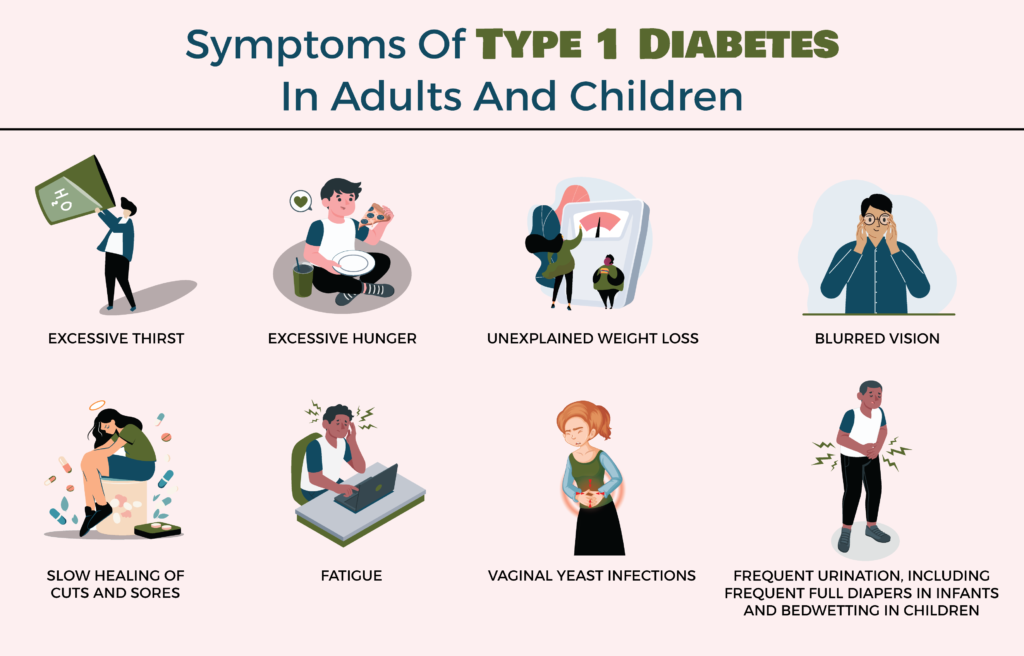
Earlier, doctors thought Type 1 was 100% genetic. However, there were cases without any family history of this particular type. Regardless, Type 1 does show genetic modification and the production of certain proteins that alter how the immune system functions. These genetic alterations may trigger Type 1 Diabetes in an individual under certain circumstances:
- Diet as infants: Individuals breastfed as infants have lower risks of Type 1 Diabetes than adults.
- Winter: Colder weather seems to trigger Type 1 Diabetes, as the disease is more likely to appear in winters and regions with cold climates.
- Impact of viruses: Research shows that if you’re predisposed to Type 1 Diabetes, certain viruses, such as Measles, Rotavirus, Coxsackie B, and Mumps, may trigger it.
You may not see Type 1 Diabetes symptoms for long, even if autoimmune antibodies are present in the blood. However, once triggered, Type 1 Diabetes is a lifelong condition.
This is the most common diabetes caused by insulin resistance and insulin insufficiency. While lifestyle factors often influence this form of diabetes, Individuals with Type 2 usually have someone in the close family with it.
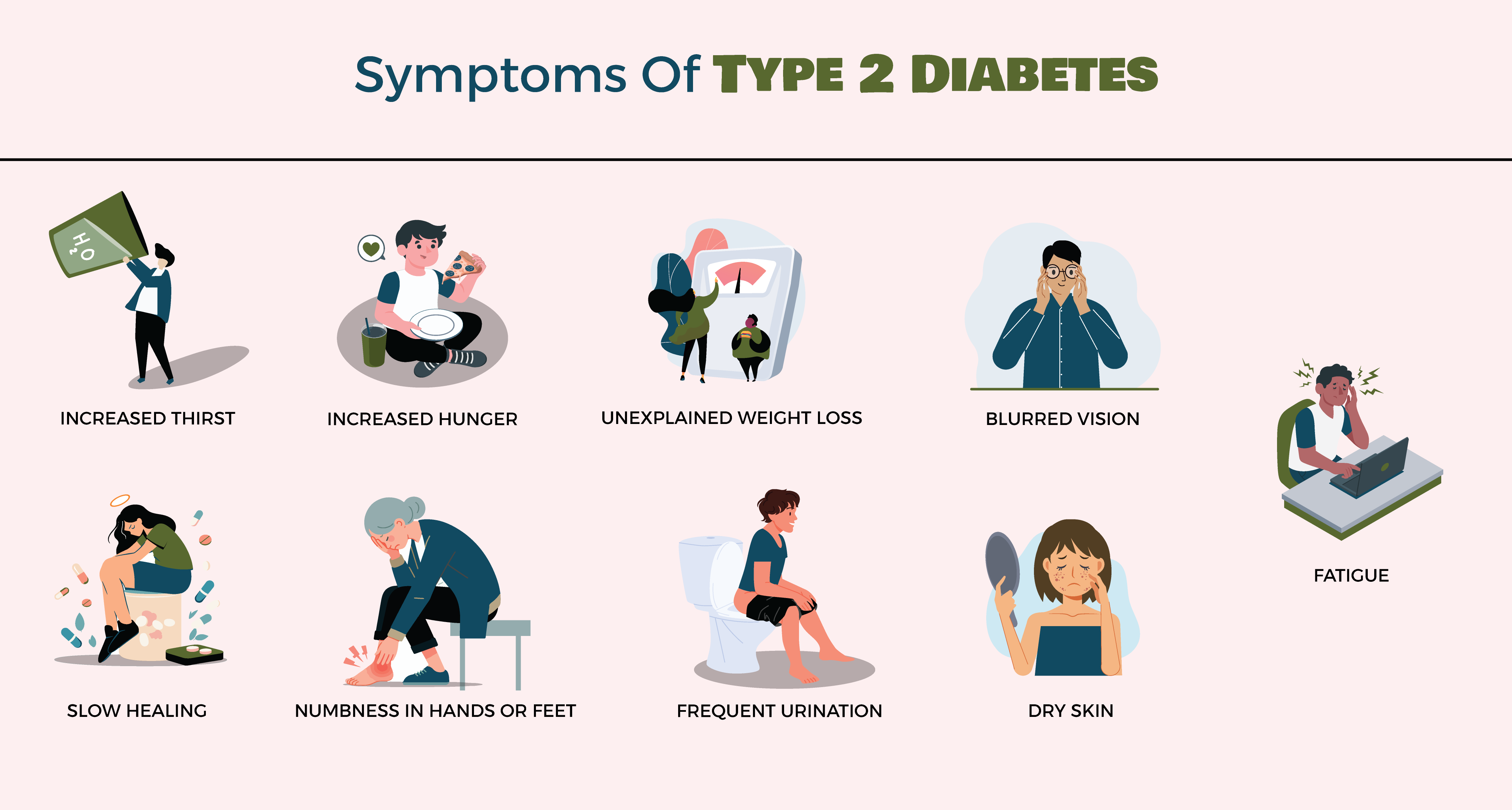
Type 2 Diabetes is frequent in those who have more than one of the following risk factors:
- Age: People 45 years+ are more prone to developing Type 2 Diabetes
- Obesity: Individuals with excessive body mass index (BMI) or body weight are more at risk
- Sedentary lifestyle: Individuals who don’t have enough physical activity can increase their risks.
- Cholesterol, increased fat level, or blood pressure: Individual struggling with cholesterol or high blood pressure must also manage their risks of Type 2.
- Polycystic ovary syndrome (PCOS): Women with hormonal imbalance due to PCOS might gain weight, which in turn increases their risks of Type 2 Diabetes.
- Gestational diabetes: Women with gestational diabetes in the past during pregnancy might be at risk of Type 2 Diabetes.
- Cardiovascular disease: If you’ve had a heart attack or are diagnosed with any other heart disease, you must keep symptoms of Type 2 Diabetes at bay.
- Depression: People with depression might be more prone to developing Type 2 Diabetes.
This type of diabetes often shows up during pregnancy and passes soon after. Gestational diabetes doesn’t show many symptoms; however, it increases delivery complication risk and other issues and might manifest as Type 2 after delivery.
While there’s no clear pattern to inheritance, it’s often developed in women with a family history of type 2.
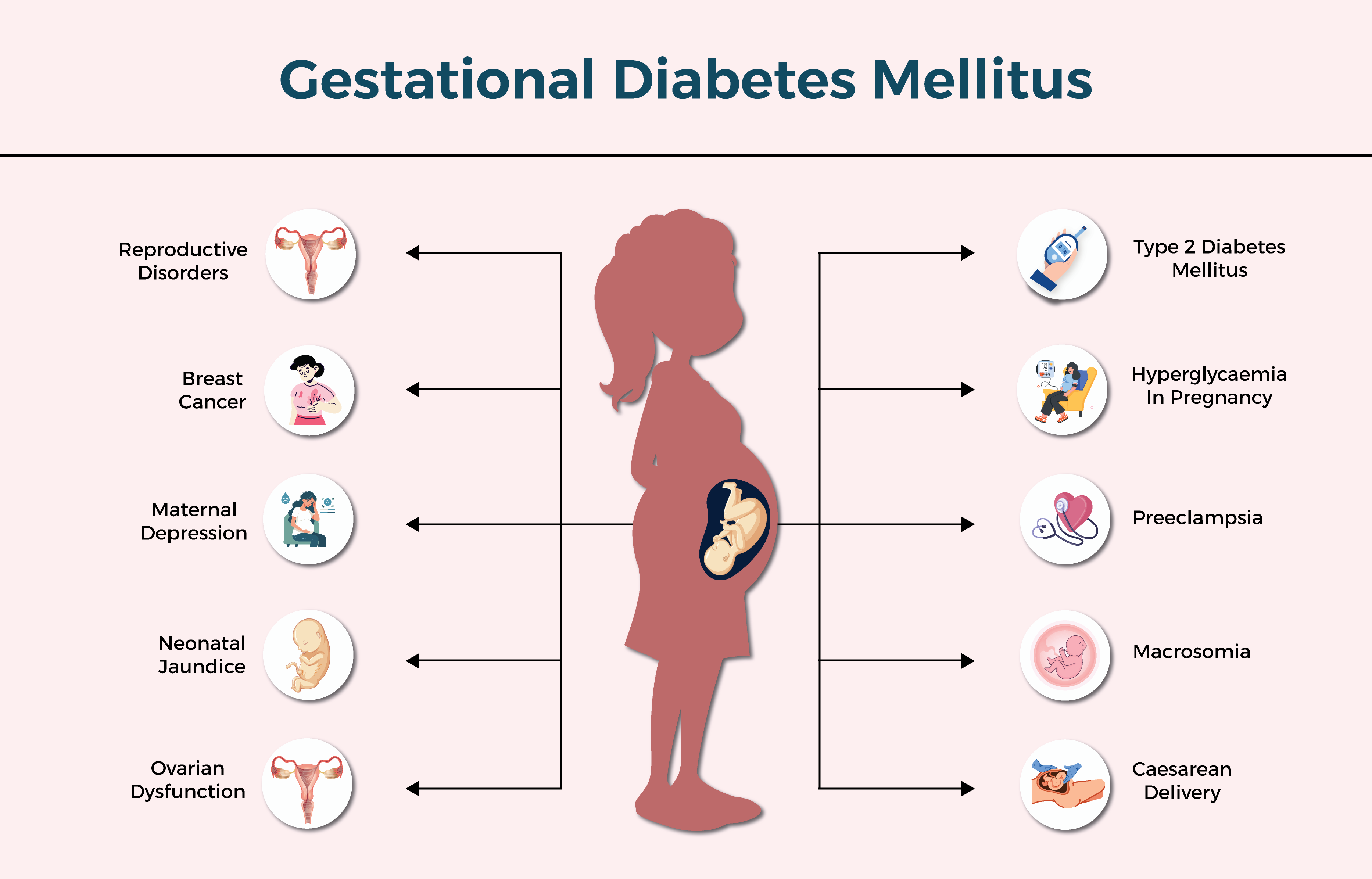
Single gene mutations are often inherited from either or both parents or developed unnaturally in the body, causing monogenic diabetes. The majority of people with monogenic diabetes are misdiagnosed. When adults first notice elevated blood glucose levels, it is common practice to identify Type 2 Diabetes rather than monogenic diabetes.
Genetic testing may be necessary to identify monogenic diabetes and determine its type. It may also be necessary to test other relatives to find out if they have a hereditary type of diabetes or are in danger of developing it.
There are two monogenic diabetes types:
- Neonatal diabetes mellitus (NDM): This condition appears in the first six months of life and limits insulin production, causing a spike in blood glucose levels.
Many people confuse NDM with Type 1 Diabetes, which is very uncommon in infants less than six months. However, several gene mutations are linked as potential causes of NDM. Nearly 50% of those with NDM will have symptoms for a lifetime. For the remaining 50% of NDM patients, the illness is considered transitory, meaning it goes away after childhood but may return at a later age.
A person’s specific genetic mutations determine the symptoms of NDM. However, some common symptoms are intense thirst, shortness of breath, and the need to urinate often.
Most NDM fetuses do not develop normally throughout pregnancy, and the resulting babies are much smaller than typically developing babies of the same stage of pregnancy. Babies of different sexes and ages don’t always grow at the same rate or have the same weight after birth. The right treatment has the potential to normalize and enhance development and growth.
Additionally, abnormally high glucose levels in the blood or the urine due to insufficient insulin can diagnose NDM. Diabetic ketoacidosis is a potentially fatal illness that may occur when the body produces molecules called ketones due to an insulin shortage.

- Maturity-onset diabetes of the young (MODY): Typically diagnosed during adolescence and early adulthood, this type is caused by various genetic mutations that limit the pancreas’ ability to produce insulin. As a result, it increases blood glucose and, over time, may damage body tissues in the eyes, kidneys, blood vessels, and nerves.
MODY often gets misdiagnosed as either Type 1 or Type 2 Diabetes. Past studies have shown that MODY patients do not often suffer from obesity, excessive body fat, or other conditions that increase the likelihood of developing Type 2 Diabetes. However, because obesity is on the rise around the world, MODY patients may also be overweight now.The mutations in a person’s genes determine the MODY clinical traits. Some genetic variants cause people to have slightly elevated blood sugar levels that don’t change much throughout their lives. These people may also have no or little signs of diabetes and never experience any serious consequences. Regular blood tests may be the only way to detect their slightly higher blood glucose levels. Some other mutations may require mandatory insulin injections or an oral diabetic drug.
Although MODY and Type 2 Diabetes may both run in families, those who have MODY are more likely to have a long diabetic history in their family, with MODY being present in at least one parent, grandparent, and child.

Diabetes insipidus is unlikely to be misdiagnosed as it is not like the other types of diabetes. It does not affect insulin or glucose metabolism. On the contrary, it causes pituitary gland dysfunction and impacts the production of the hormone vasopressin. Because of this, your body loses the water equilibrium, showing symptoms like:
- Dehydration
- Access need to drink a lot of water
- Need to urinate often
- Confusion, low blood pressure, seizures, and serious coma caused by dehydration

Diabetes insipidus may be classified into two forms:
- Nephrogenic diabetes insipidus is a hereditary disorder that manifests when a person inherits a defective gene from one or both parents.
- Neurohypophyseal diabetes insipidus may have two main causes: a genetic predisposition and an injury or tumor.
The Ancestry India DNA test will provide a detailed report on the presence or absence of the diabetes-causing genes, allowing you to understand your and your family member’s risks of inheriting diabetes.
Recognizing If You Have Diabetes

If you have parents or siblings who have any of the above forms of diabetes, keep an eye out for the following symptoms to recognize your risk of diabetes:
- Accessive thirst
- Often urination
- Access weight loss or gain
- Fatigue or weakness
- Blurry vision
- Ketone presence during urine test
- Frequent mood changes and irritability
- Longer healing times in sores and wounds
- Frequent infections, including those of the gums, skin, and vagina
Consult your doctor if you or your family show any of above symptoms. If you’d like to know if diabetes runs in your family, get a genetic test. This may help you recognize your predisposition to the disease and the risks of passing it down.
People who know that they are more likely to develop the condition or pass it on can reduce risks by ensuring:
- Breastfeeding during the first six months of a baby’s life
- Timely administration of prescribed vaccines
- Maintenance of basic hygiene practices, such as washing hands often
- Staying within a healthy weight range
- Maintaining an active lifestyle
- Consuming nutritious, well-rounded food
Take Your Future Health Risks Seriously
FAQ'S
While genes aren’t the only factors causing diabetes, you have a higher risk of prediabetes and eventual diabetes if there’s a family history of the disease.
Some genes increase the likelihood of developing Type 1 Diabetes. However, these genes aren't the only thing that may lead to Type 1 Diabetes. An extra environmental factor, such as the impact of a virus, weather conditions, and your diet as an infant, can also trigger it.
There’s no cure for diabetes as of yet; however, blood sugar levels may be managed by insulin injections or oral medicines. In addition to drugs, individuals may reverse diabetes by a strong routine of healthy diet and exercise.
The transmission of Type 2 Diabetes from one generation to another is neither predictable nor constant. Hereditary and environmental variables may impact a person's susceptibility to Type 2 Diabetes. Having a close relative with Type 2 Diabetes raises your chance of getting the disease, but it isn't certain that you will get it or that it will be passed down through generations.

